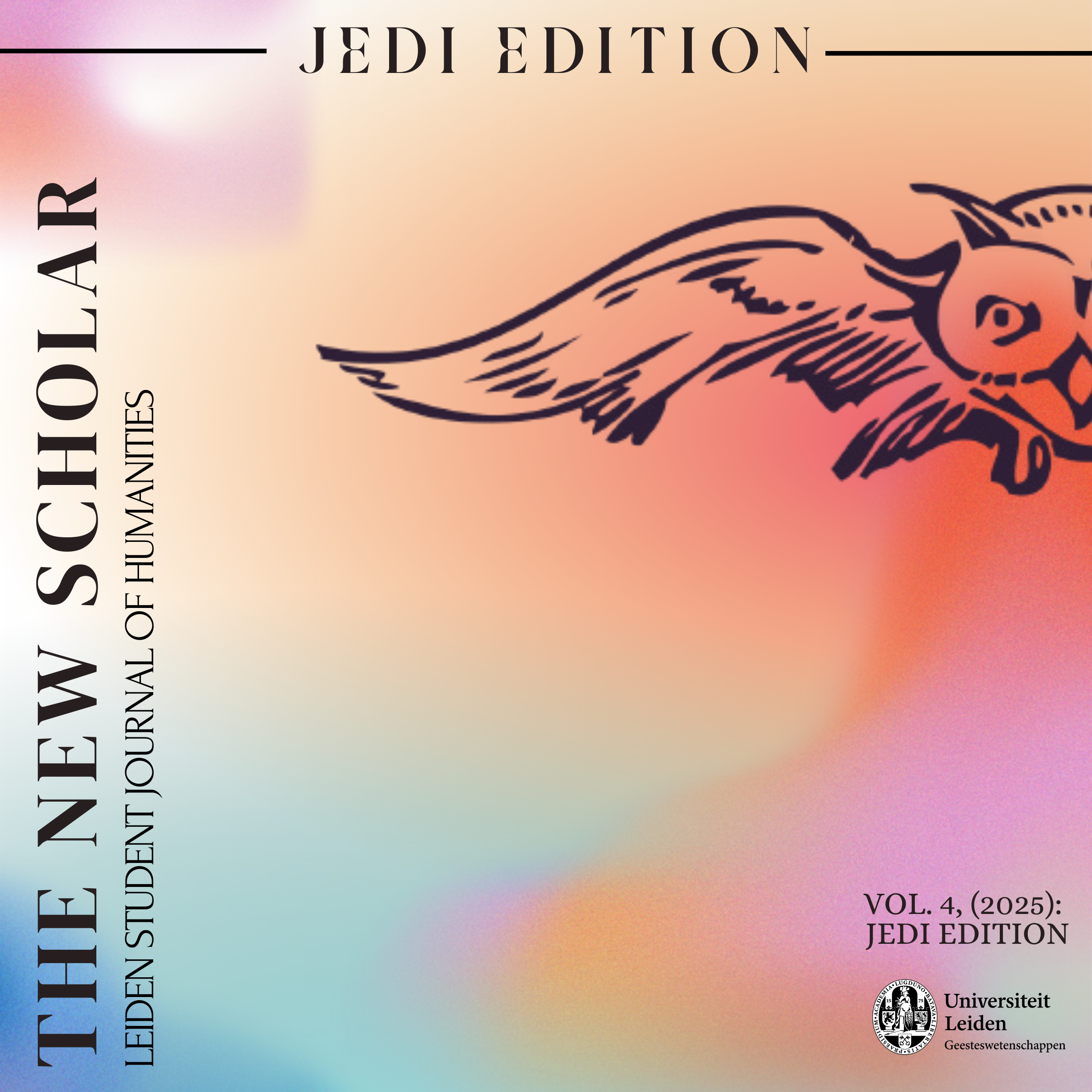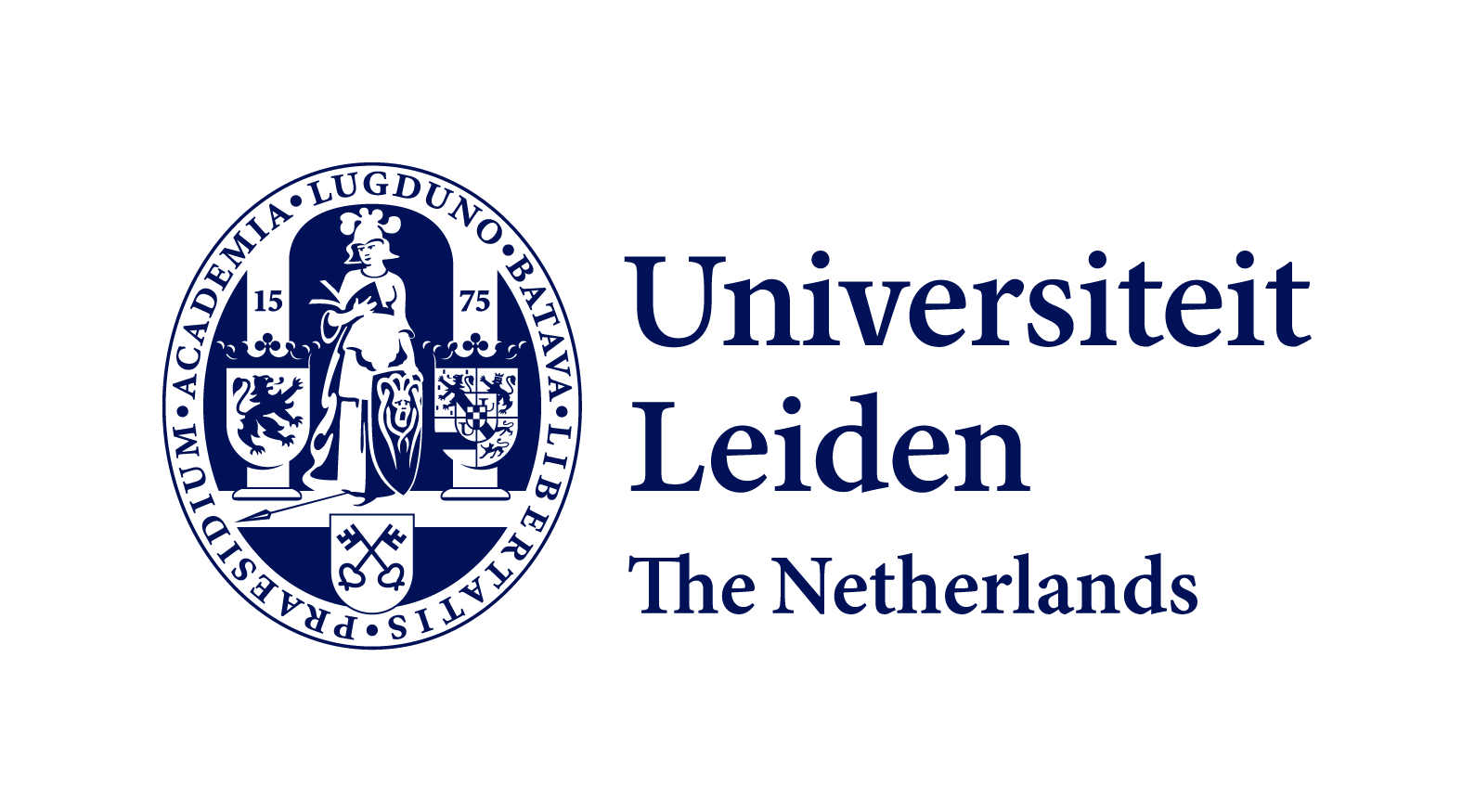The Jeju Model of Transitional Justice
A Replicable Model or Adaptable Framework for Localization?
Keywords:
Transitional justice, Localization, Reconciliation, Truth-finding, Jeju massacre, South Korea, Cold War, Human rights, Civil society, Cultural activismAbstract
This article evaluates the Jeju model’s effectiveness and replicability for transitional justice. It identifies localization—a dynamic interaction process where human rights, culture, and identity influence each other—as its core. It includes four elements: mutual forgiveness, government-civilian cooperation, perpetrator-victim reconciliation, and coexistence. Using an actor-centric approach this article underscores actors’ agency in achieving transitional justice in practice. This reveals the Jeju model is incomplete as it overlooks state accountability, activist’s roles, and an explicit international link. The model should instead be seen as an adaptable framework highlighting key elements for achieving transitional justice at local, national, and global levels. It offers lessons from its strengths and weaknesses in practice, informing actors on strategies to localize transitional justice. This article proposes a fifth element, citizen-to-citizen cooperation, facilitated by cultural activism as a catalyst for transitional justice. This framework especially suits local communities pursuing justice bottom-up, providing a more efficient path.

Downloads
Published
Issue
Section
License
Copyright (c) 2025 Daniëlle Baan

This work is licensed under a Creative Commons Attribution 4.0 International License.





